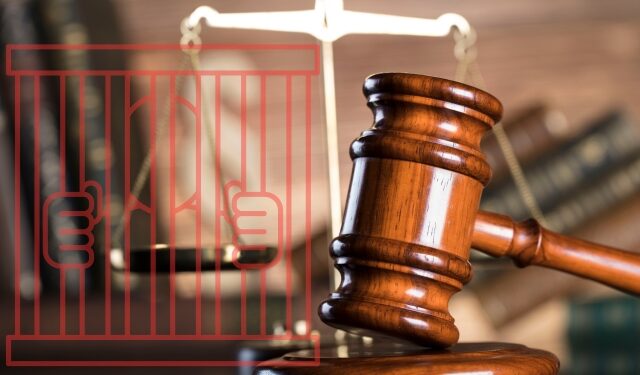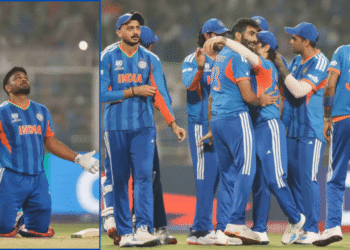A Special Judge for CBI cases in Ahmedabad today sentenced eight former railway employees to five years of simple imprisonment and imposed a fine of Rs. 5,00,000 each, totalling Rs. 40,00,000, in a high-profile exam paper leak case dating back to 2002.
The convicted individuals, including a head clerk, senior cipher operator, electric signal maintainers, a senior clerk, assistant diesel drivers, and a railway protection force constable, were found guilty of criminal conspiracy, theft, receiving stolen property, tampering with evidence, and criminal misconduct.
The Central Bureau of Investigation (CBI) initiated the case on August 17, 2002, following a complaint by the Chief Vigilance Inspector of Western Railway, Ahmedabad. The complaint alleged that Rajeshkumar Kaleshwar Goswami, an Electric Signal Maintainer-III, along with other railway employees and private individuals, orchestrated the leak of the question paper for the Probationary Assistant Station Master examination scheduled for August 18, 2002. The accused reportedly collected sums ranging from Rs. 50,000 to Rs. 1,00,000 from candidates seeking an unfair advantage in the recruitment process.
After a thorough investigation, the CBI filed a charge sheet on July 28, 2003, against the eight convicted individuals and one private person, who passed away during the trial. The court’s verdict marks the culmination of a 23-year legal battle, underscoring the CBI’s commitment to tackling corruption in public sector recruitment.
The convicted individuals include Sunil Jasmal Golani (then Head Clerk), Mahendra Mathuraprasad Vyas (then Senior Cipher Operator), Rajeshkumar Kaleshwar Goswami (then Electric Signal Maintainer-III), Anand Somabhai Meraiya (then Electric Signal Maintainer-III), Prakash Sitaramdas Karamchandani (then Senior Clerk), Mehboobali Abduljabbar Ansari (then Assistant Diesel Driver), Pareshkumar Lalhibhai Patel (then Diesel Assistant Driver), and Pappu Babba Khan (then Constable, Railway Protection Force). Their actions not only undermined the integrity of the railway recruitment process but also betrayed public trust in one of India’s largest employers.
This landmark judgment sends a strong message against malpractices in competitive examinations, reinforcing the importance of transparency and fairness in public sector hiring. The CBI continues to investigate similar cases to uphold accountability and deter future misconduct.






























